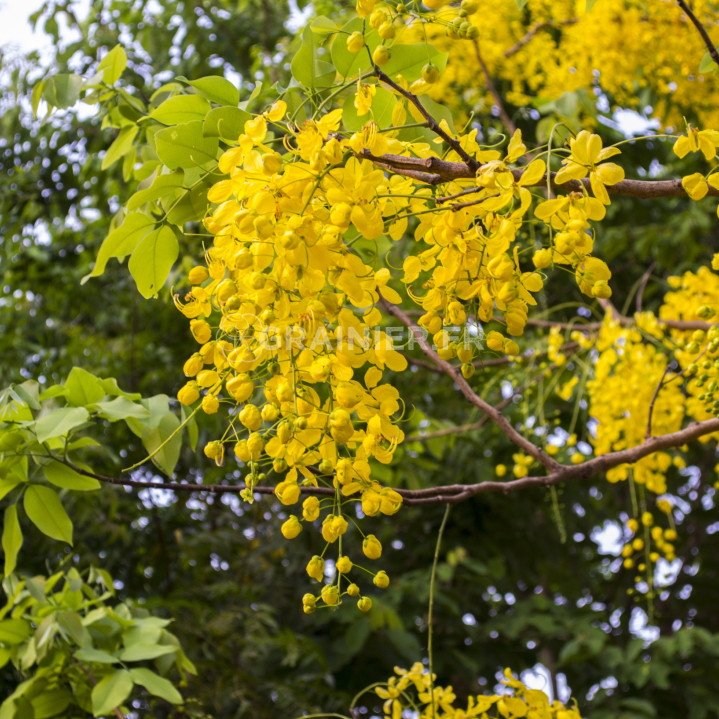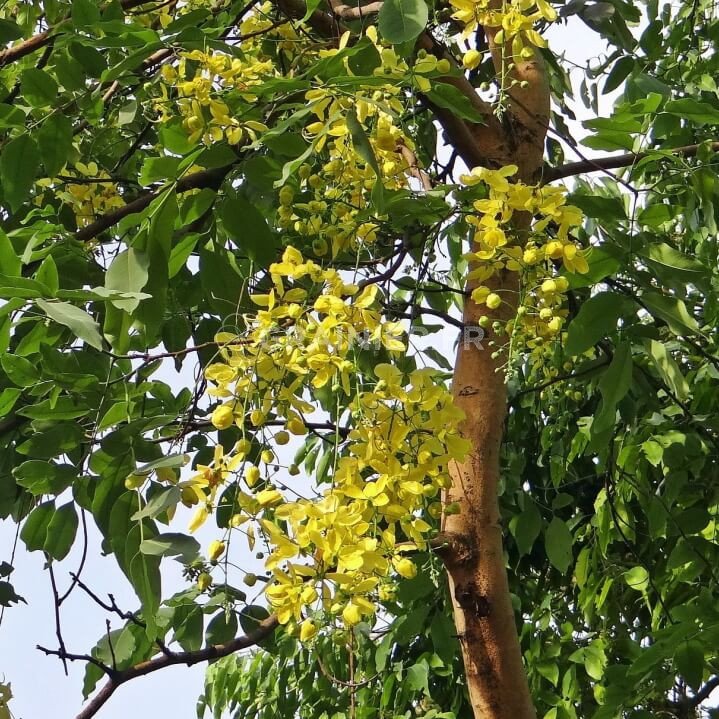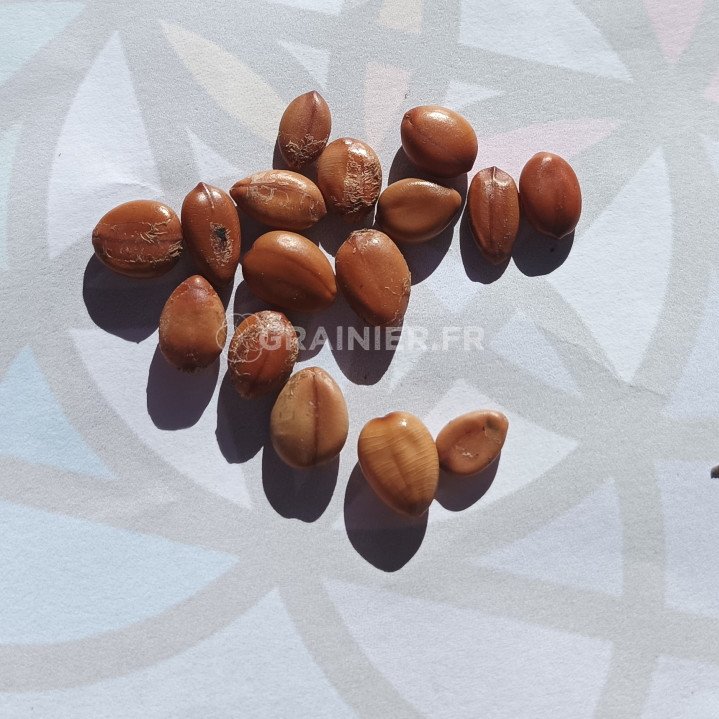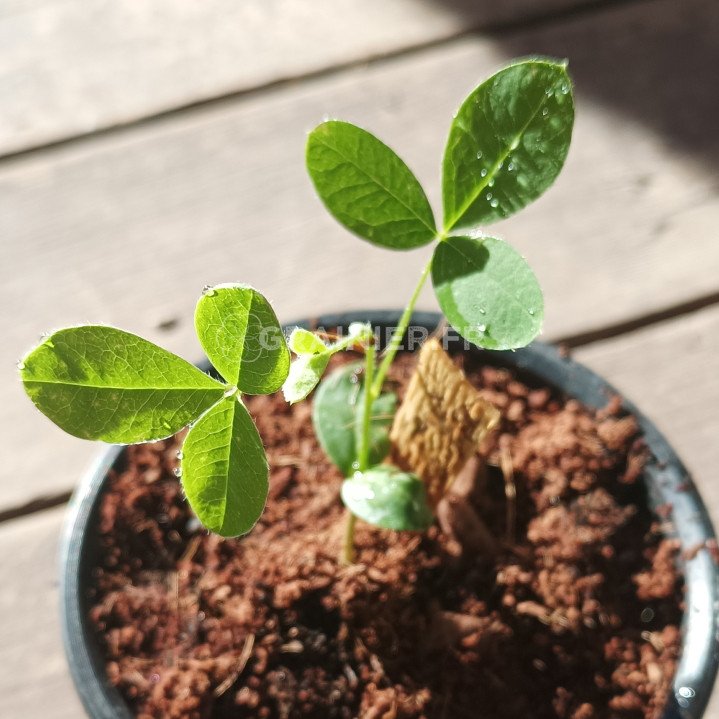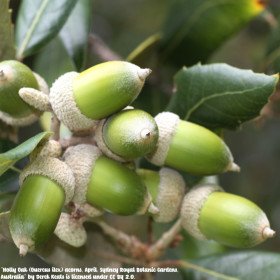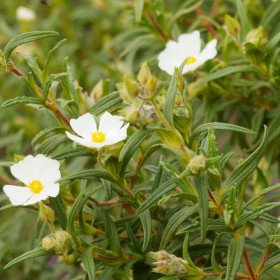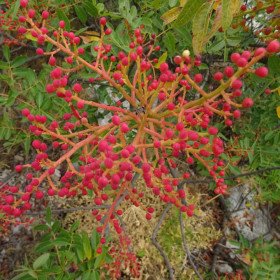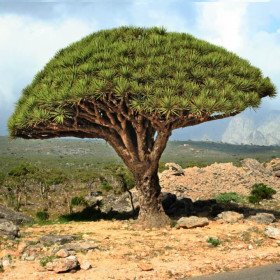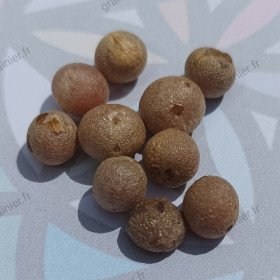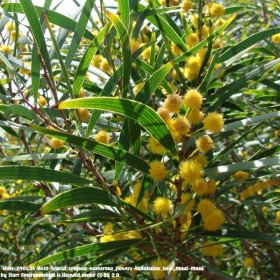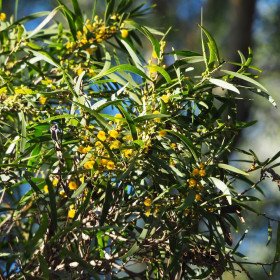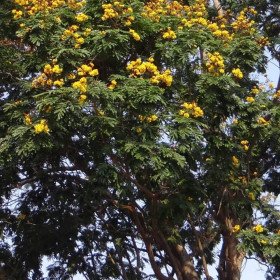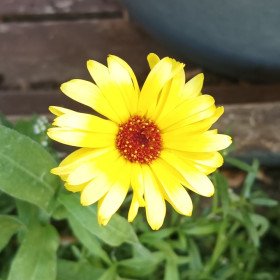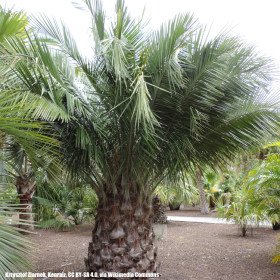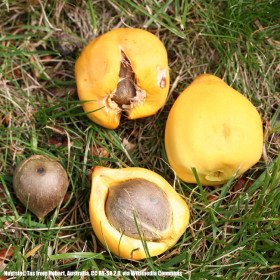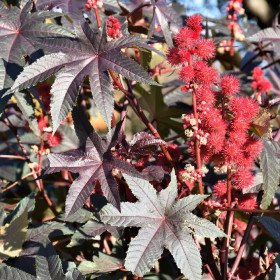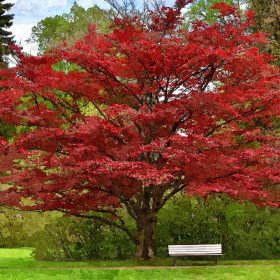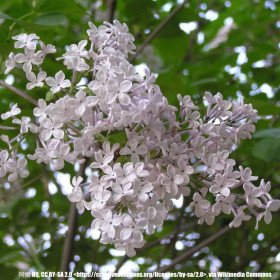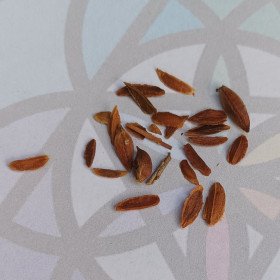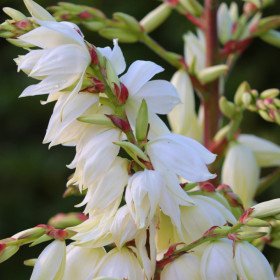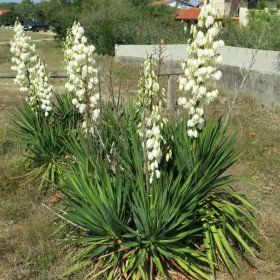5 Graines Faux caroubier, Cassia fistula
5 Graines Faux caroubier, Cassia fistula
- Modèle : 5 Graines Faux caroubier, Cassia fistula
- Disponibilité : 9
- 1,50€
Faux caroubier, Cassia fistula, Cytise indien, Faux séné, Douche d'or |
Cassia fistula, également connue sous le nom de "Casse" ou "Cassier d'Inde", est un arbre à fleurs originaire d'Asie du Sud.
5 graines - Germination moyenne : 70%
Photo : Stratifier à chaud ( à 90°C ), j'ai laissé les graines dans l'eau 24 h.
Nom du Produit : Graines de Cassia fistula, Faux caroubier, Cytise indien, Faux séné, Douche d'or
Description :
Le Cassia fistula, également connu sous les noms de Faux caroubier, Cytise indien, Faux séné ou Douche d'or, est un arbre tropical à feuilles caduques réputé pour ses longues grappes de fleurs jaune doré. Cet arbre spectaculaire est non seulement apprécié pour sa beauté, mais il a aussi des utilisations médicinales et ornementales.
Caractéristiques :
- Type : Arbre tropical à feuilles caduques
- Nom botanique : Cassia fistula
- Nom commun : Faux caroubier, Cytise indien, Faux séné, Douche d'or
- Origine : Asie du Sud
- Hauteur : 6-12 m
- Fleurs : Longues grappes de fleurs jaunes
- Feuillage : Feuilles composées, vertes
- Utilisation : Ornemental, médicinal
- Exposition : Plein soleil
- Type de sol : Bien drainé, fertile
Informations de Culture :
Conditions de Plantation :
- Période de plantation : Printemps ou début de l'été
- Profondeur de plantation : Environ 1 cm
- Distance de plantation : Espacer les plants de 3-4 m
- Arrosage : Modéré, tolère la sécheresse une fois établi
- Entretien : Taille légère pour former un beau port
Conseils supplémentaires :
- Préparation des graines : Faire tremper les graines dans l'eau tiède pendant 24 heures avant de les semer pour améliorer la germination.
- Germination : Semer les graines à une profondeur de 1 cm dans un mélange de terreau et de sable. Garder le substrat humide et maintenir à une température de 25-30°C. La germination prend généralement 2 à 3 semaines.
- Transplantation : Lorsque les plantules sont suffisamment grandes pour être manipulées, les repiquer dans des pots individuels et les acclimater progressivement à l'extérieur avant de les planter en pleine terre.
Avantages :
- Esthétique : Fleurs jaunes spectaculaires en grappes pendantes
- Propriétés médicinales : Utilisé dans la médecine traditionnelle pour ses vertus laxatives et purgatives
- Facilité de culture : Tolérant à la sécheresse, peu exigeant en entretien
Etiquettes : cassia, fistula, cytise, indien, faux, sene, douche, GRAINES DE FLEURS & ARBRES Cassia fistula, Cytise indien, Faux séné, Douche d'or, Exotiques & Rares Cassia fistula, Cytise indien, Faux séné, Douche d'or, Arbustes & plantes grimpantes Cassia fistula, Cytise indien, Faux séné, Douche d'or, Arbres & Bonsaï Cassia fistula, Cytise indien, Faux séné, Douche d'or, Cassia fistula, Cytise indien, Faux séné, Douche d'or GRAINES DE FLEURS & ARBRES, Cassia fistula, Cytise indien, Faux séné, Douche d'or Exotiques & Rares, Cassia fistula, Cytise indien, Faux séné, Douche d'or Arbustes & plantes grimpantes, Cassia fistula, Cytise indien, Faux séné, Douche d'or Arbres & Bonsaï

